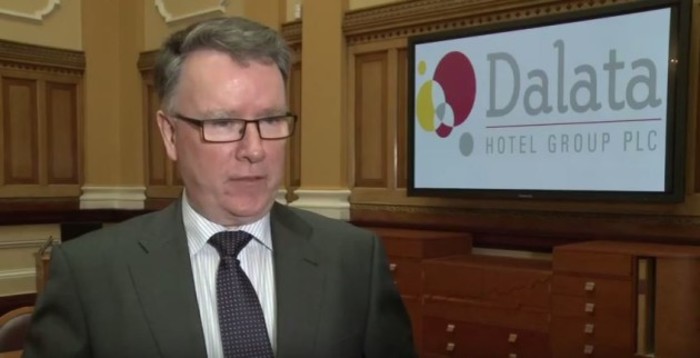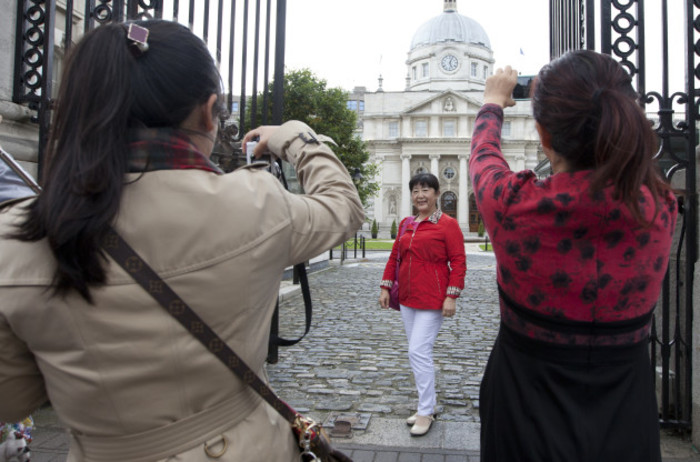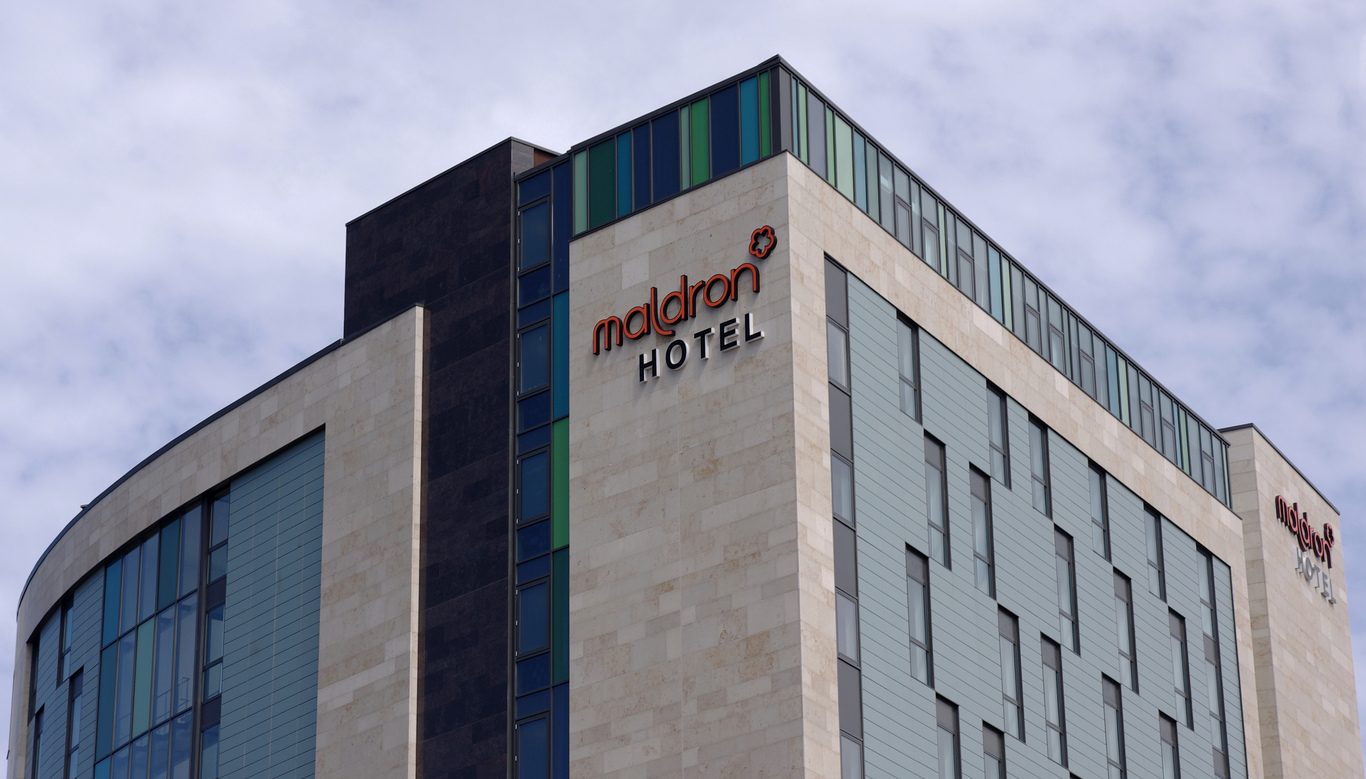The head of Ireland's largest hotel group says reports that Dublin is too expensive are 'rubbish'
Dalata boss Pat McCann said room rates in the capital are much lower than other European destinations.
THE CHIEF EXECUTIVE of Ireland’s largest hotel group has said reports that a shortage of rooms in Dublin is making the city too expensive are “rubbish”.
Speaking to Newstalk’s Business Breakfast today, Dalata boss Pat McCann said that while room occupancy in the city has near peaked, prices are still below other European destinations.
In comparison to cities like Copenhagen, Amsterdam and Barcelona, he said Dublin is “10% to 20% behind” in terms of average rooms rates.
“The latest stats produced by (hotel industry analysts) STR had us at number one in occupancy but number 11 in room rate,” McCann said.
“The interesting thing is you rarely find negative comments from overseas guests on room rates in Dublin because they find them attractive.”
He suggested that people are misled by headline prices that don’t reflect deep discounts given to tour operators, which brings down the average rate “quite substantially”.
Dalata – which operates the Maldron and Clayton brands in Ireland and the UK – is currently building 1,200 rooms around Ireland. Construction on four new hotels has already begun.
 Dalata CEO Pat McCann
Dalata CEO Pat McCann
In the capital, the company is building a 180-room Clayton hotel at Charlemont Place, scheduled for completion in mid-2018, and a 135-room hotel on Kevin Street under the Maldron moniker.
Dalata is also adding a 140-room extension to the Clayton hotel at Dublin Airport.
It has regularly been reported that Dublin needs 5,000 additional rooms to deal with rising visitor figures.
McCann believes demand for extra rooms “is probably something less than that”.
“To get to that level will be some feat,” he said. “The difficulty you have is that up to 2016 the economics of building new hotels simply didn’t work.
“I know people will smile when they hear me say this, but our room rates were simply too low to make an economic case for a new build,” he said.
McCann suggested that the price of sites was too high because hoteliers were competing with office and residential developers.
“Returns on hotels are not as good as either of those, so you’re competing,” he said.
Dalata deputy chief Stephen McNally complained last year that height restrictions in the capital were making it difficult for developers to get enough yield from sites.
“The number of hotels that have gone for planning and can’t get yield on the site is phenomenal … they can’t build until they get the optimal number of bedrooms on a site,” he said at the time.
 Tourists in Dublin
Tourists in Dublin
2016 results
Dalata reported sales of just over €290 million for 2016, up 29% on the same 12-month period prior.
The company’s earnings before interest, taxes, depreciation and amortisation were up by more than a third to €86 million for the year.
Its revenues per average room – the average amount of money a hotel makes on each room – increased by almost 15% from €69.80 to €80.20.
Occupancy at its Clayton and Maldron hotels rose from 80.2% to 82.1%.
Dalata currently owns 4,770 hotel bedrooms in Ireland and the UK and leases a further 2,334 rooms.
As well as the new hotels in Dublin, it will open hotels in Belfast, Cork and Newcastle, England by mid-2018.






